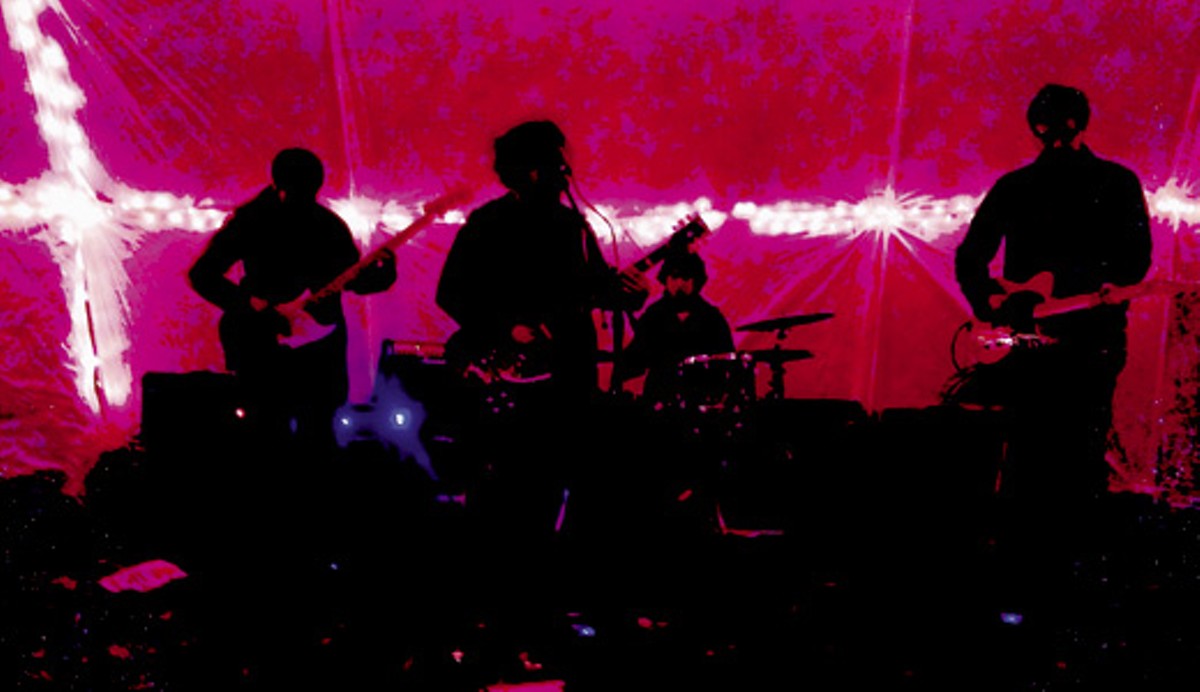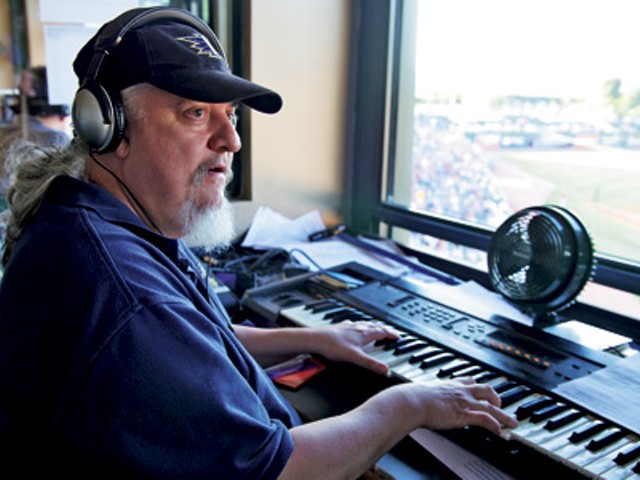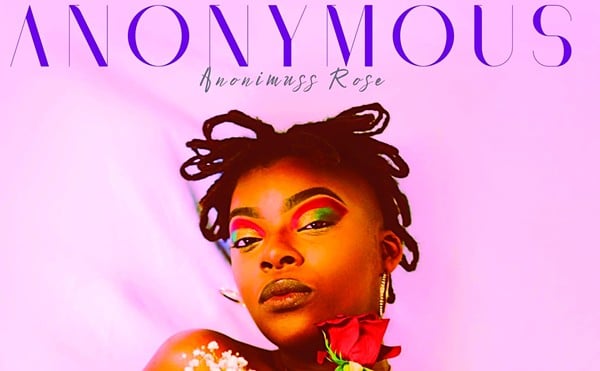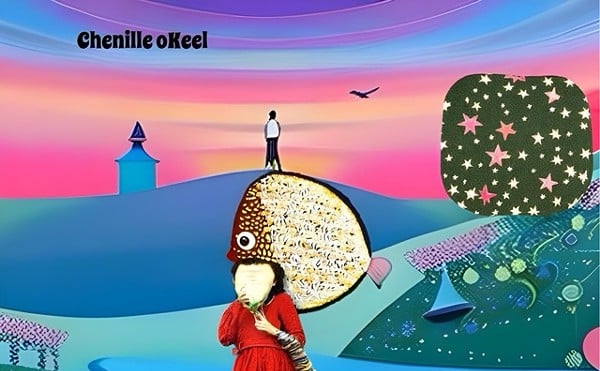Stew beef
New Bravado recorded their debut EP, Unconscious Afternoon, at Veggie Beef Stewdio, a facility singer/guitarist Ben Lally describes as “the shaggy green-carpeted den in my shotgun house that my wife — best ever — was kind enough to allow me to turn into a recording studio.” It’s an apt setting for the thick and shaggy band, which plays Saturday at the Tim Faulkner Gallery.
Having previously led The Sexual Disaster Quartet, Lally, who also continues leading the band Benanthrope, has displayed a desire to try different styles and avoid complacency. He describes New Bravado as “definitely more heavy, fuzzy, streamlined and guitar-driven than both Benanthrope and SDQ … While both other bands definitely do produce their own desired primal results, they lean a little more on the cerebral side of things than NB, I think.”
LEO: What made you want to play harder and heavier?
BL: Being that I grew up with Hendrix, Sabbath and early punk, playing harder and heavier has always been there in my fingers and in my vocabulary. Benanthrope is a more lyrically focused thing that allows me to paint pictures more with words: an outlet for wordier, softer, more sincere themes … New Bravado initially was a result of, at the time, not feeling I was playing enough music with Benanthrope alone, and having all these louder, more guttural, guitar-driven ideas that wouldn’t have really worked with Benanthrope. Now I find myself quite busy with both bands. (laughs)
LEO: Has the NB songwriting process changed as NB has played more live shows?
BL: Playing songs out live is definitely a testing ground, but as far as changes in our songwriting process, I think those have come from personal revelations and inspirations from the four of us — either at home alone or collectively as a group, which we bring to the roundtable as new ideas surface. Playing live encourages us to bring better songs to the stage, that’s for sure, but it’s pragmatism through practice, diplomacy and listening that should get the lion’s share of the credit for any changing or enriching of the songwriting process.






